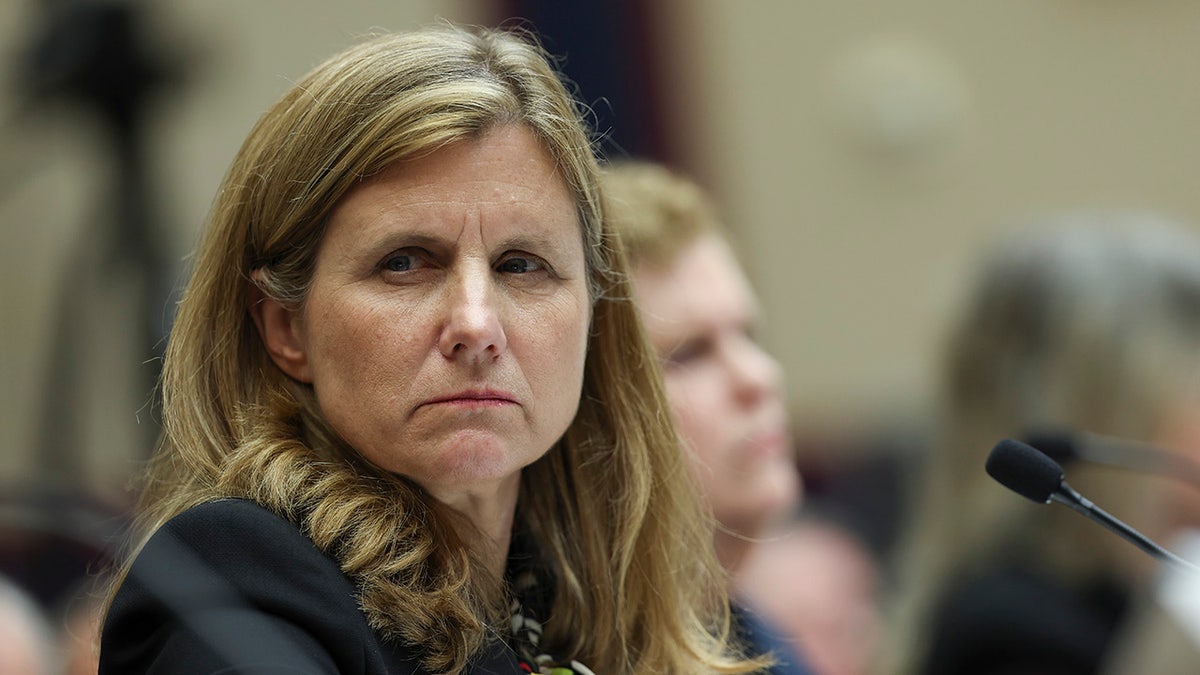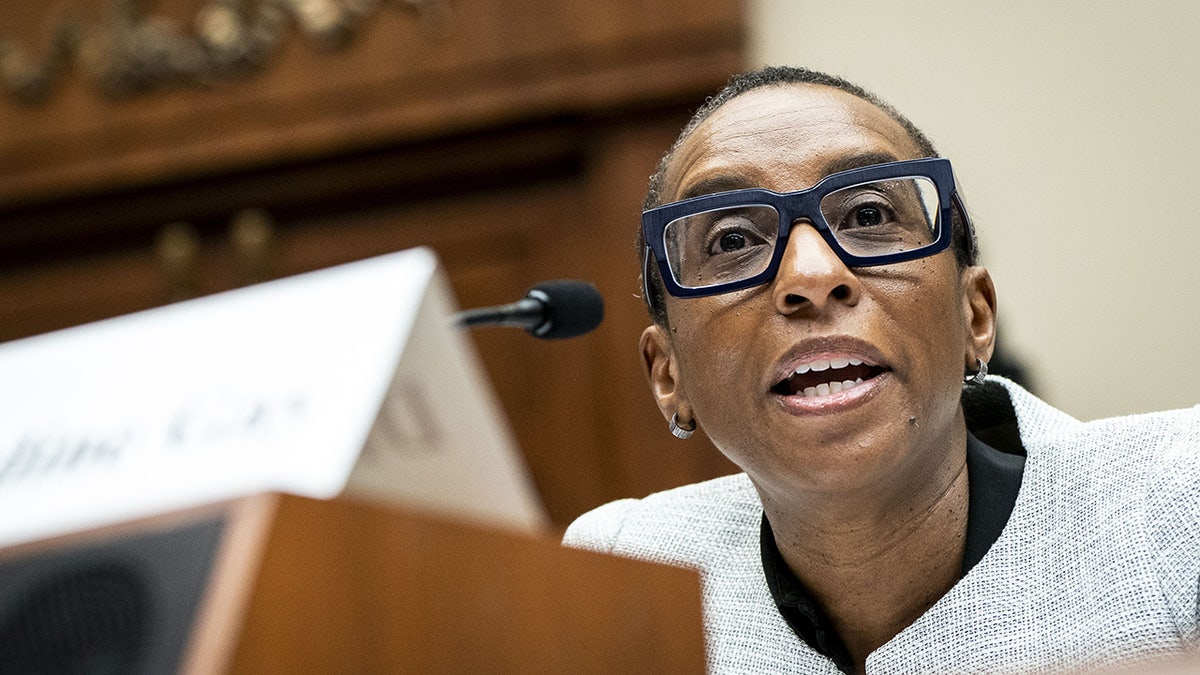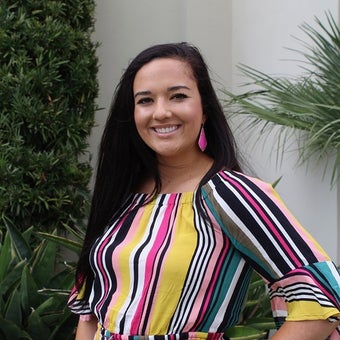Rabbi David Wolpe slams Harvard's 'climate of intimidation' stemming from antisemitism on campus
Rabbi David Wolpe joined 'America's Newsroom' to discuss why he stepped down from an antisemitism task force as Ivy League presidents face mounting pressure to resign.
Harvard's antisemitism task force lost one of its members following President Claudine Gay's testimony to House lawmakers, which is fueling widespread calls for her resignation.
Rabbi David Wolpe, who joined the task force back in October, detailed why he decided to quit during "America's Newsroom" as Gay and MIT President Sally Kornbluth have endured mounting pressure to resign from their positions following the bombshell hearing last week.
"It was clear to me that we were not going to be able to make the kinds of changes that Harvard needed," Wolpe told Bill Hemmer on Monday, calling Gay's remarks "so painful."
"I want to make clear, I don't just mean the replacement of one person or another person. I'm talking about deep, really system-wide changes in the ideology and the procedures of the university."
Liz Magill announced she would step down as UPenn president over the weekend after the university lost a $100 million donation following her testimony on Capitol Hill. Shortly thereafter, Board of Trustees Chair Scott Bok also announced his departure.

WASHINGTON, DC - DECEMBER 05: Liz Magill, President of University of Pennsylvania, testifies before the House Education and Workforce Committee at the Rayburn House Office Building on December 05, 2023 in Washington, DC. The Committee held a hearing to investigate antisemitism on college campuses. (Kevin Dietsch/Getty Images)
Since then, Gay and Kornbluth have both faced mounting pressure to step down as their respective university's presidents amid antisemitism continuing to plague college campuses nationwide.
"This has created a climate of intimidation," Wolpe said. "When students can't study, when they're afraid, when they don't want to go to their classroom, that's not anymore a question of free speech, not at university. If you want to express yourself in a paper, or you want to say something publicly at a rally, nobody thinks that that's illegitimate, but that isn't what's going on here."
"What is going on here is that a certain group is being systematically targeted over and over and over again: supporters of Israel and particularly Jews," he continued.
Rep. Elise Stefanik, R-N.Y., questioned Ivy League presidents on the surge of antisemitism on college campuses during a hearing on Capitol Hill last week. She pressed them on whether the concerning trend violates the rules of the universities, but they insisted it would depend on the "context."

Claudine Gay, president of Harvard University, during a House Education and the Workforce Committee hearing in Washington, DC, US, on Tuesday, Dec. 5, 2023. (Haiyun Jiang/Bloomberg via Getty Images)
Their responses spurred an uproar with critics who have demanded all three presidents resign from their roles.
Wolpe, who attended UPenn, said he was just made aware of anti-Jewish protests on campus threatening to derail students' preparation for finals.
"Students were sending me pictures of a protest in Widener Library as students were trying to study for finals with signs and lists of people and accusations of genocide in the library itself, and classrooms have been disrupted," Wolpe said. "People eating lunch and dinner have been disrupted by protests."
"It's a band of students that apparently are not there to learn and to grow [and] have made it virtually impossible for some other students to do what you're supposed to do in college," he continued.
CLICK HERE TO GET THE FOX NEWS APP
Hemmer asked Wolpe if he thought Gay would succumb to fervent demands that she step down, following suit to Magill's departure over the weekend.
"I honestly don't know. I can't really answer that," Wolpe responded. "What I would say is that what we were looking for as we were watching that, was some indignation and some vision, some anger, like, 'I can't believe this is happening at my university,' and some vision of where the university would go, and it was so painful to not… get either."











































